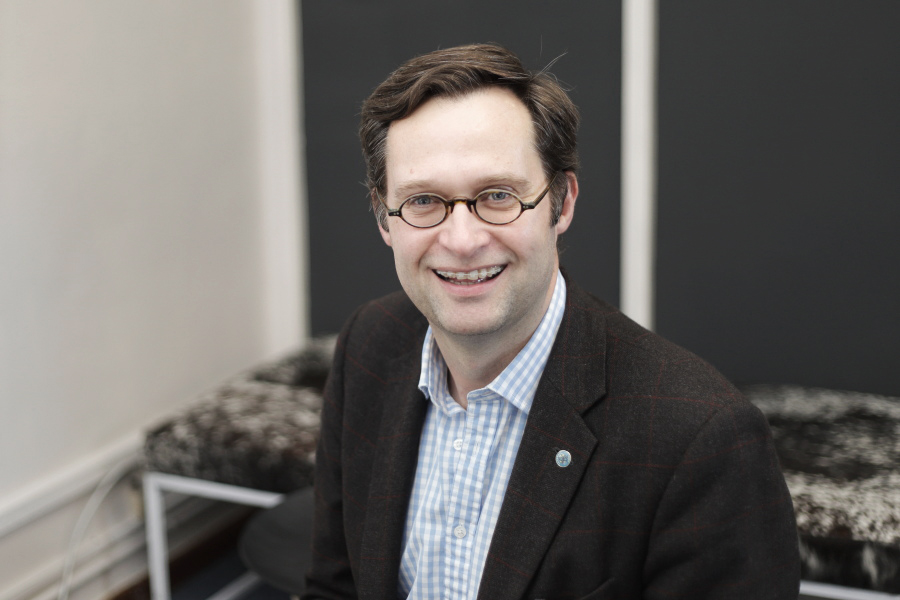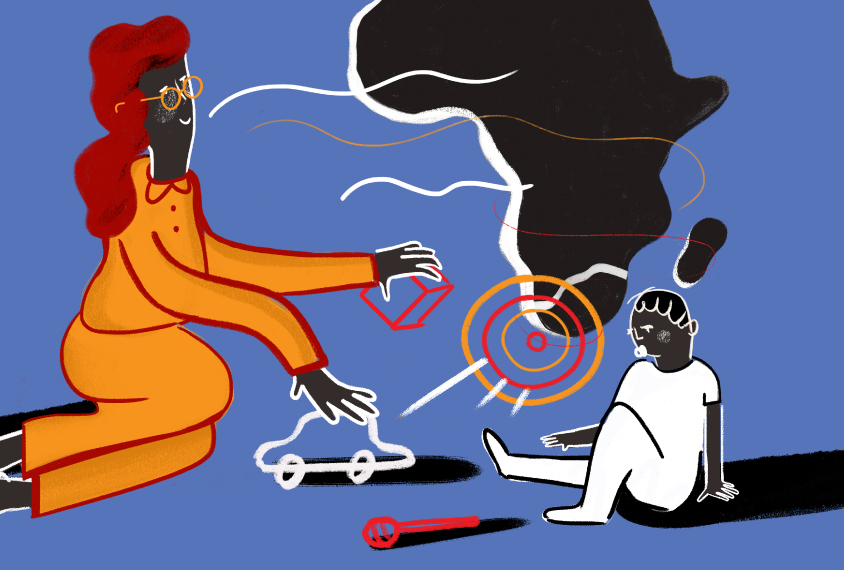Petrus de Vries is founding director of the Centre for Autism Research in Africa (CARA) at the University of Cape Town in South Africa, and current president of the International Society for Autism Research.

Petrus de Vries
Founding director
Centre for Autism Research in Africa, University of Cape Town
From this contributor
Autism research is becoming more diverse but not yet more global
Hosting the International Society for Autism Research annual meeting—which starts tomorrow—in Australia takes a step in that direction, making it easier for researchers, clinicians and advocates from the Western Pacific Region to participate.

Autism research is becoming more diverse but not yet more global
What kind of autism research should we do, and where should we do it?
Researchers at INSAR 2023 need to discuss these questions and remember that the purpose of research may be different for different communities.

What kind of autism research should we do, and where should we do it?
How to offer support for young autistic children in South Africa
Coaching caregivers in early-intervention strategies may be the most effective way to help young autistic children in South Africa.

How to offer support for young autistic children in South Africa
Explore more from The Transmitter
Lack of reviewers threatens robustness of neuroscience literature
Simple math suggests that small groups of scientists can significantly bias peer review.

Lack of reviewers threatens robustness of neuroscience literature
Simple math suggests that small groups of scientists can significantly bias peer review.
Dendrites help neuroscientists see the forest for the trees
Dendritic arbors provide just the right scale to study how individual neurons reciprocally interact with their broader circuitry—and are our best bet to bridge cellular and systems neuroscience.

Dendrites help neuroscientists see the forest for the trees
Dendritic arbors provide just the right scale to study how individual neurons reciprocally interact with their broader circuitry—and are our best bet to bridge cellular and systems neuroscience.
Two primate centers drop ‘primate’ from their name
The Washington and Tulane National Biomedical Research Centers—formerly called National Primate Research Centers—say they made the change to better reflect the breadth of research performed at the centers.

Two primate centers drop ‘primate’ from their name
The Washington and Tulane National Biomedical Research Centers—formerly called National Primate Research Centers—say they made the change to better reflect the breadth of research performed at the centers.